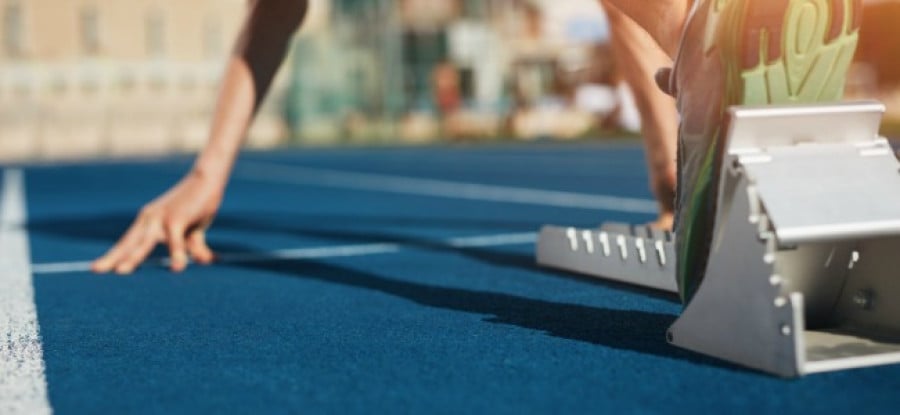Are young Olympic athletes receiving adequate protection? Part 1

With eyes turning towards the Summer Olympics and Paralympics in Rio (Rio 2016), and with athletes getting faster, stronger and younger, this article considers the growing imperative of ensuring that there are sufficient and appropriate measures in place to protect the welfare of young athletes.
The place of young athletes in sport should be constantly considered and reviewed by the International Olympic Committee (IOC) and National Governing Bodies (NGB's) in order to ensure that they are receiving the required support and protection. As such, how young athletes are to be protected permeates every element of how sports operate. However, for succinctness and with a focus on Rio 2016, this two part article will focus on:
- Part 1, below - how ‘child’ athletes are defined and the disparities between the minimum ages for entry into differing Olympic events.
- Part 2, available here – the sufficiency of the safeguarding measures in place, including an examination of the regulations of the IOC, the role of current safeguarding initiatives, and the adequacy of domestic laws to protect child athletes against media intrusion.
Defining “child” athletes
The UN Convention on the Rights of the Child (as ratified by the UK) classifies a child as anyone under 181 (defined in this article as a 'Minor', with 'Young Athlete' referring to all athletes aged 19 or younger).
Forty one sports2 are being contested at Rio 2016, and there no standardised minimum age limit for competitors, other than as may be prescribed in the competition rules of an International Federation.3 There is therefore some uncertainty as to what regulations and protections are actually in place to assist the Young Athletes looking towards Rio 2016.
The 'minimum age' of competitors for qualification to Rio 2016
The table below sets out a number of the Olympic sports that will be contested at Rio 2016 and the minimum age of competitor's.
The variation between minimum ages is evident, where for example in Diving, all athletes participating at Rio 2016 must be born before 1 January 2003, enabling an athlete to be 13 during the Rio 2016 games and only turn 14 on 30 December 2016.4
In comparison, other sports like Beach Volleyball insist that the athlete must be 14 on the first day of the competition at Rio 2016, i.e. on 7 August 2016.5
To continue reading or watching login or register here
Already a member? Sign in
Get access to all of the expert analysis and commentary at LawInSport including articles, webinars, conference videos and podcast transcripts. Find out more here.
- Tags: Athlete Welfare | Brazil | Child Protection | Governance | International Safeguards for Children in Sport | IOC | Olympic | Olympic Charter | Olympic Games Rio de Janeiro 2016 | Olympic Movement Medical Code | Paralympic | Regulation | United Kingdom (UK)
Related Articles
- How the USOC’s SafeSport policies are tackling athlete abuse and harassment
- How the Advertising Standards Authority restricts the use of U-25 sports stars in gambling adverts
- What are the top sports law issues to watch in 2016?
- Are young Olympic athletes receiving adequate protection? Part 2
Written by
Robert Tomback
Rob is a dedicated Sports Lawyer working within the Mishcon de Reya Sports Group. He has wide experience across a range of sports, providing litigious, commercial and regulatory advice to clients. He acts for a range of governing bodies, clubs, players and agents and has represented clients in cases before the Court of Arbitration for Sport and other international sports decision making federations, as well as at domestic arbitral and disciplinary hearings. Rob was named as a Sport Industry NextGen Leader, an initiative 'to identify tomorrow’s sports leaders and celebrate the rising stars of the sports industry'. Rob is the only practicing lawyer to receive this accolade.
Clare Freshwater
Clare is a trainee solicitor at Mishcon de Reya LLP, currently working in the Fraud team. Clare is part of the firms Sports Group with experience acting for governing bodies and clubs, and is also a member of Women In Football.


 Global Summit 2024
Global Summit 2024